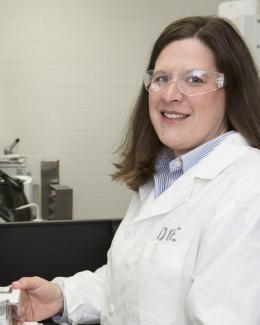Abstract
Clostridium thermocellum is a potentially useful organism for the production of lignocellulosic biofuels because of its ability to directly deconstruct cellulose and convert it into ethanol. Previously engineered C. thermocellum strains have achieved higher yields and titers of ethanol. These strains often initially grow more poorly than the wild type. Adaptive laboratory evolution and medium supplementation have been used to improve growth, but the mechanism(s) by which growth improves remain(s) unclear. Here, we studied (1) wild-type C. thermocellum, (2) the slow-growing and high-ethanol-yielding mutant AG553, and (3) the faster-growing evolved mutant AG601, each grown with and without added formate. We used a combination of transcriptomics and proteomics to understand the physiological impact of the metabolic engineering, evolution, and medium supplementation. Medium supplementation with formate improved growth in both AG553 and AG601. Expression of C1 metabolism genes varied with formate addition, supporting the hypothesis that the primary benefit of added formate is the supply of C1 units for biosynthesis. Expression of stress response genes such as those involved in the sporulation cascade was dramatically over-represented in AG553, even after the addition of formate, suggesting that the source of the stress may be other issues such as redox imbalances. The sporulation response is absent in evolved strain AG601, suggesting that sporulation limits the growth of engineered strain AG553. A better understanding of the stress response and mechanisms of improved growth hold promise for informing rational improvement of C. thermocellum for lignocellulosic biofuel production.





